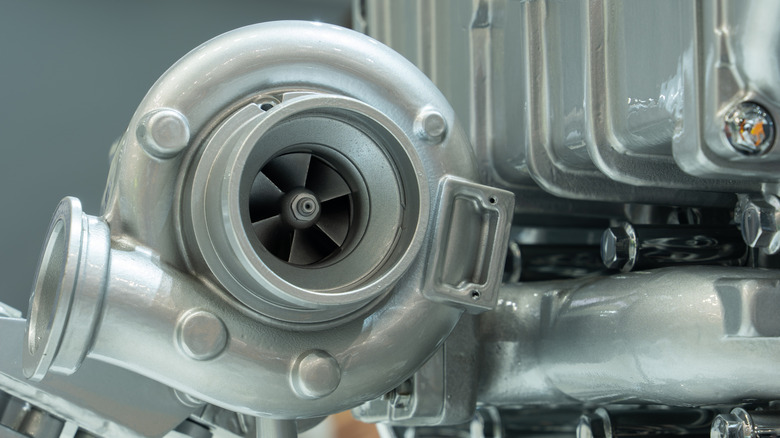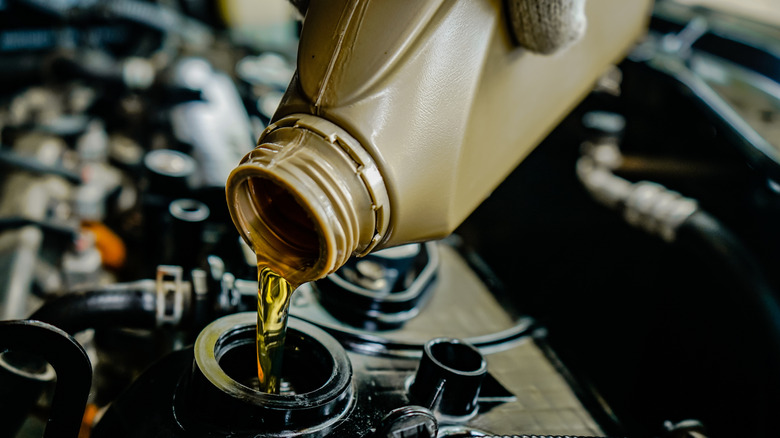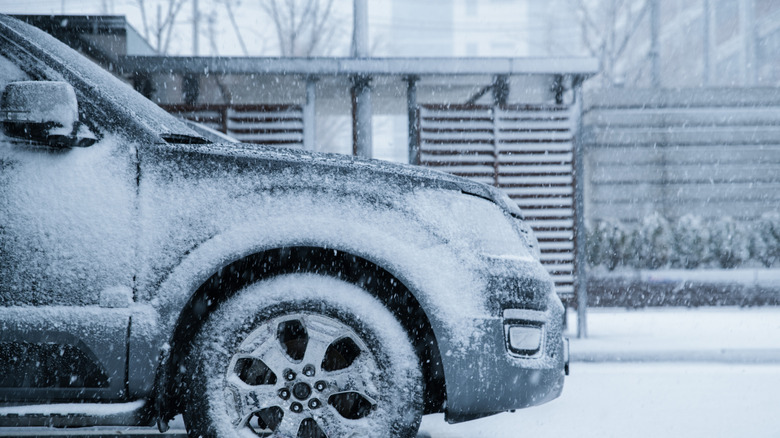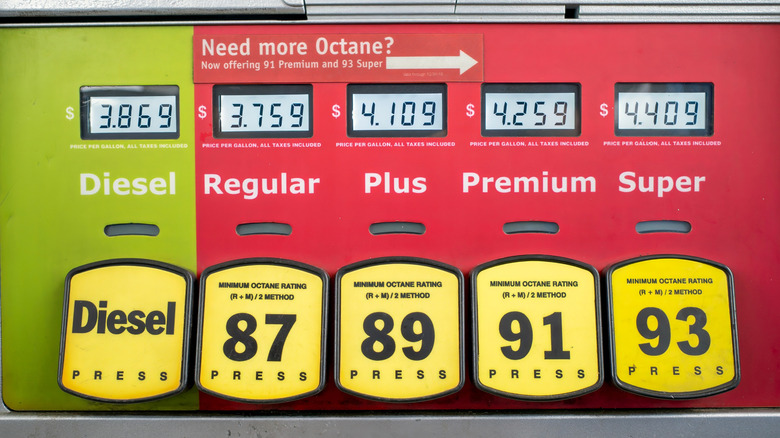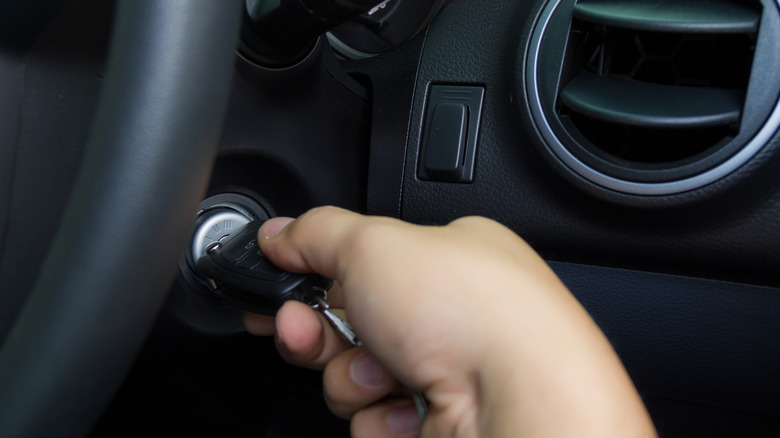5 Mistakes That Are Destroying Your Turbocharged Engine
Turbocharged engines are built for power. They use a device called a turbocharger to force more air into the engine, which helps burn more fuel and create more power. This gives you quicker acceleration and better performance without needing a larger engine. But with that extra performance comes extra responsibility.
A turbocharger works under high heat and pressure, and spins at extremely high speeds. It relies heavily on oil, clean air, and proper fuel to keep working smoothly. It's a tough component, but it's also sensitive. If you don't take care of it the right way, it can wear out fast, and replacements aren't cheap.
Many drivers don't even realize they're making mistakes that slowly damage the turbo and the engine. Some habits, like using the wrong fuel, revving the engine too soon, or skipping oil changes, might seem harmless at first. But over time, they can lead to serious problems, including worn-out bearings, blocked oil lines, overheating, or even full turbo failure.
Now, the good news is that these problems are preventable. Most turbo damage comes from small, everyday habits that can be corrected. If you learn what these common mistakes are and avoid them, your turbo can stay healthy for a long time. In this article, we'll go over five key mistakes that could be destroying your turbocharged engine without you realizing it and show you how to avoid them with simple, smart habits.
Oil contamination
Oil contamination might not sound like a big deal, but it's one of the most damaging things you can do to a turbocharged engine. A turbo relies on clean, high-quality oil to stay cool and properly lubricated. The moment that oil gets dirty or contaminated, problems start to build up. It might not seem like a big issue at first, but dirty oil can slowly destroy your turbo over time.
Your turbo spins at extremely high speeds, up to 220,000 RPM, and the only thing protecting its moving parts is a thin layer of oil. This oil flows through very small passages inside the turbo. If these passages get blocked, the turbo won't get the lubrication it needs. This can result in the turbo's bearings wearing out, heat building up, and eventually, the turbo failing completely.
Oil contamination happens when dirt, fuel, coolant, metal shavings, or carbon deposits mix with your engine oil. This can be caused by poor maintenance, skipping oil changes, using low-quality oil, or even not cleaning parts properly during engine work.
To prevent something like this from happening, follow a strict oil change schedule and use high-quality oil that matches your car's recommended specs. If you drive aggressively or in hot weather, change it more often.
Accelerating right after a cold start
Accelerating too soon after a cold start is a big mistake, and it can cause real damage if you keep doing it. When your engine is cold, the oil hasn't had time to circulate properly. Cold oil is thick and takes longer to reach the moving parts. Your turbo spins incredibly fast and relies on oil to protect its bearings and cool things down. If you accelerate right after startup, the turbo will start building boost before it's protected. That leads to metal-on-metal contact, heat buildup, and premature wear.
This isn't just bad for the turbo. Engine components like pistons, rings, and other moving parts also benefit from warming up. When the engine is cold, the metal parts shrink a little. They're designed to fit just right when the engine gets warm. If you rev the engine too soon, these parts can rub together and wear out faster. This can cause problems like piston slap, scratches inside the engine, or even serious damage.
To avoid this, let your engine idle for 30 to 60 seconds after a cold start. That gives oil time to reach every corner of the engine. After that, drive gently for the first few minutes. Keep your RPMs low and avoid hard acceleration until the engine reaches normal operating temperature.
If you live in a cold area, consider using a remote start system. It lets you start the car and warm it up without having to go outside.
Using low-quality fuel
Using low-quality fuel or the wrong octane rating in a turbocharged engine is a costly mistake. These engines operate under high pressure and heat, which means they need fuel that can handle the extra stress.
Turbos push more air into the engine to make more power. This makes everything inside hotter. If the fuel you use can't handle it, it may ignite too early, causing what's known as engine knock. It sounds like a pinging noise, but inside the engine, it's damaging pistons, spark plugs, and even cylinder walls.
Most turbocharged cars are built to run on premium fuel (91 octane or higher). Premium fuel resists knock better, which keeps combustion smooth and controlled. If you use regular fuel in an engine tuned for premium, the engine might adjust ignition timing to reduce knock. But this affects performance, lowers fuel economy, and still doesn't fully protect against long-term damage.
To avoid these problems, always use the fuel recommended by your manufacturer. Check the owner's manual and stick with it. That extra cost at the pump is nothing compared to the cost of engine repairs. Also, avoid shady gas stations, as cheap or dirty fuel can clog injectors, leave carbon buildup, and reduce engine life.
Extended driving in hot weather
Driving for long periods in hot weather puts extra stress on your turbocharged engine. If you're not careful, it can slowly wear down your turbo without noticing it.
Turbochargers already generate a lot of heat under normal driving. They work by using exhaust gases to spin a turbine and force more air into the engine. On a hot day, the outside air will add even more heat into the system, making the turbo work harder to keep up.
One major problem is heat soak, which happens when the turbo and surrounding parts absorb heat faster than they can cool down. As a result, the air going into the engine gets hotter and less dense, which provides less oxygen for combustion. This leads to reduced power, making the engine feel sluggish.
In hot weather, engine oil can also break down faster and become thinner, which reduces its ability to protect moving parts. Combine that with a stressed cooling system, and you're one step closer to overheating and possible turbo failure.
To protect your turbocharger during hot weather, start by using high-quality synthetic oil and changing it regularly. Synthetic oil holds up better under high temperatures and provides more reliable protection for fast-moving parts. Next, keep an eye on your coolant levels. The cooling system works harder in the heat, so make sure the coolant is clean and topped off to help keep the engine temperature in check.
Turning the car off immediately after a long drive
Turning off your engine right after a long drive is a mistake if your car has a turbo. While the engine is running, oil and coolant flow through the turbo to cool it down. But if you turn the car off right away, that flow stops, the turbo stays hot, and the oil trapped inside starts to burn. This is called oil coking.
Coked oil leaves behind hard carbon deposits that can block oil passages and damage the turbo's bearings. It means less lubrication the next time you start your car, and more wear every time you drive.
Turning off the engine early can exacerbate the heat soak problem we mentioned earlier, too. When the engine shuts off, airflow stops, and will the heat continue to rise. This extra heat stresses nearby parts, and over time can lead to major turbo failure.
To avoid this, let your engine idle for 30 to 60 seconds after any hard or long drive. This allows oil and coolant to keep circulating and cool the turbo gradually. In very hot conditions, idling a bit longer is even better. Another good habit is to drive gently for the last few minutes before you park. Lower RPMs reduce turbo temperature naturally and make cooldown easier.
